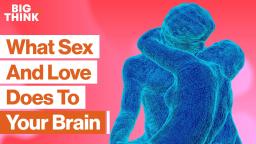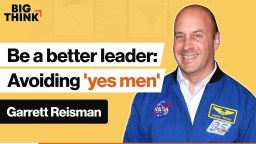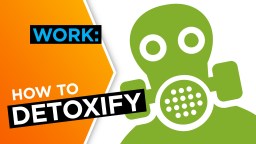trust
The symbol for love is the heart, but the brain may be more accurate.
▸
14 min
—
with
Do you sound friendly? Hostile? And which voice would be more likely to buy something?
The more you see them, the better you get at spotting the signs.
A study explores how your dog does when you’re not home.
A new look at existing data by LSU researchers refutes the Trump administration’s claims.
A heated debate is occurring at the University of Miami.
Scientists confirm that slow blinks are an effective way to connect with a cat.
A study in the hospitality industry shows the importance of design, including during a pandemic.
Pandemic rumors and information overload make separating fact from fancy difficult, putting people’s health and lives at risk.
A good apology can do great things. A bad one can cause trouble. Know the difference.
Neo’s superhuman powers were only inside of The Matrix. The outside world offered a different reality.
If you’re right all the time, you’re probably doing something wrong.
▸
4 min
—
with
How can you give and receive more productive feedback? Form a psychological contract with a trusted partner.
▸
3 min
—
with
Taking time for thoughtful consideration has fallen out of fashion, writes Emily Chamlee-Wright. How can we restore good faith and good judgement to our increasingly polarized conversations?
In 1998, former New Yorker editor Tina Brown went into business with Harvey Weinstein. That was a colossal mistake.
▸
5 min
—
with
The photos may not be fake, but the context is.
Infidelity, an inherently selfish behavior, has been analyzed by researchers to help us understand why people cheat in relationships.
Are you and your partner happy with your sex life?
They can be signs of how people feel in their relationship – and may send an important message to potential rivals.
Those who think they’re better at lying than average seem to have a few things in common.
The race to be first in science journalism is hurting science.
▸
5 min
—
with
Research has found that previously encountered information feels more “fluent.”
“I’ve got Santa on the phone and he says he’s not coming unless you go to bed now.”
In the office, vulnerability is the opposite of weakness.
▸
4 min
—
with
Nearly anything political is now branded with a catchy hashtag.
Yet interpersonal trust is at its lowest point in 50 years.
Shouldn’t mutually consenting adults be allowed to make these decisions for themselves?
Are your psychological needs being met?
In Talking to Strangers, Malcolm Gladwell discusses the concept of coupling.





























